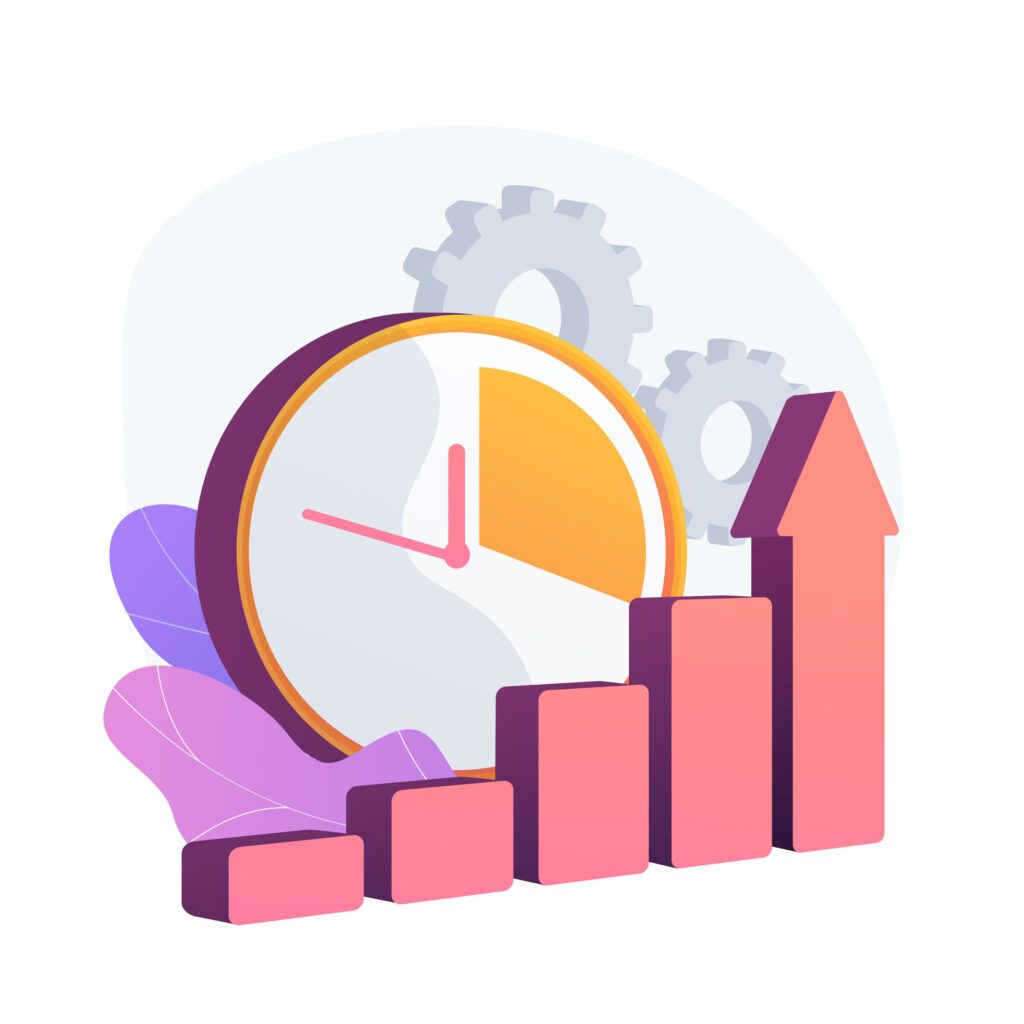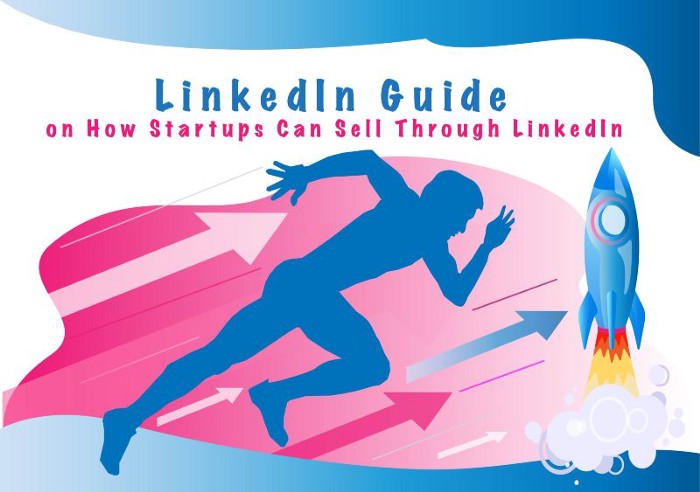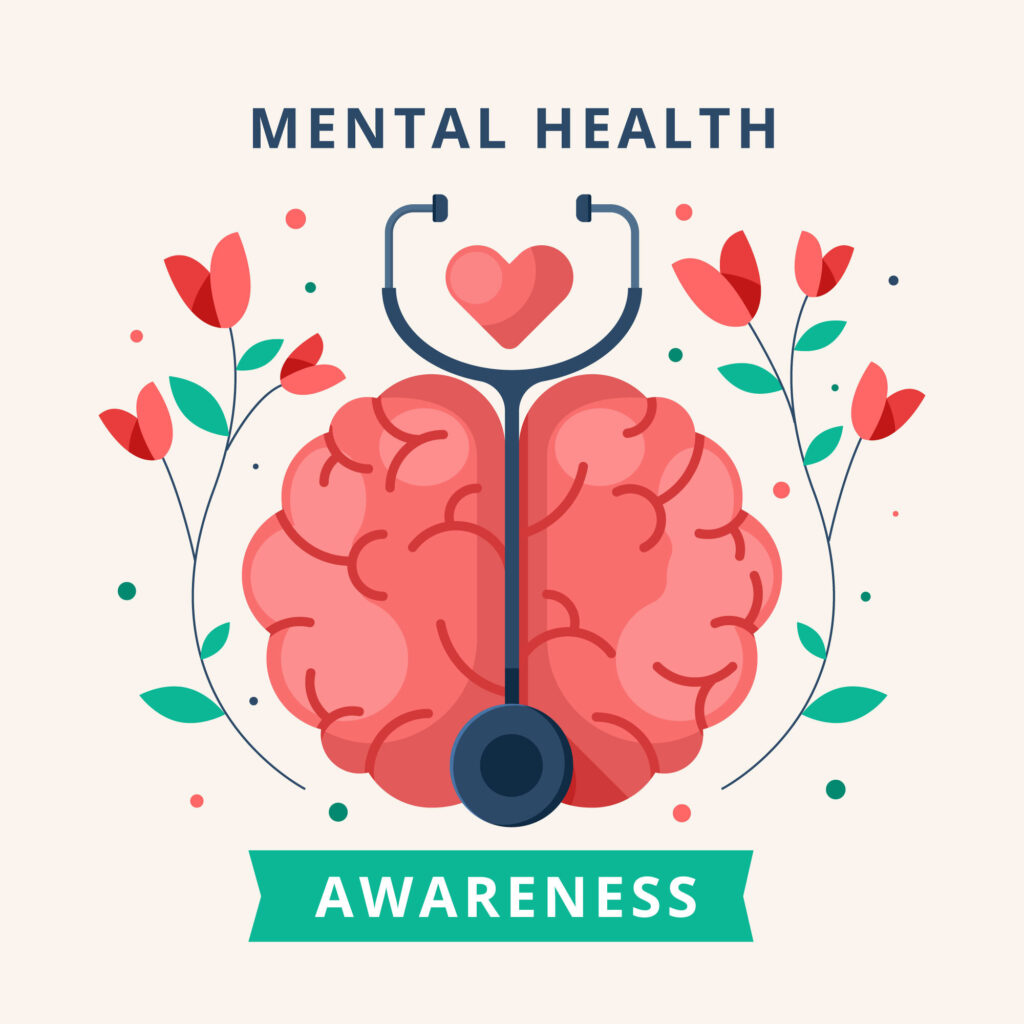Do you need to be more productive?

Do you need to be more productive?
There’s no denying that being productive has its benefits. When you’re productive, you’re able to get more things done in a shorter amount of time. This can free up your time so that you can do the things you enjoy, or it can simply help you to get through your to-do list quicker. But is being productive always a good thing? There are some downsides to being super productive, and it’s important to be aware of them before you strive to be more productive. For one, being productive can sometimes mean that you’re sacrificing quality for quantity. In other words, you may be able to get more things done, but they may not be done as well as they could be if you took your time. Another downside to being productive is that it can be stressful. When you’re constantly trying to get more done, you can put a lot of pressure on yourself. This can lead to burnout and make it difficult to enjoy your free time. So, do you need to be more productive? It depends. If you’re finding that you’re not getting things done or that you’re constantly stressed, then being more productive may be a good idea. But if you’re happy

1. Introduction
We all want to be more productive. Whether it’s at work, at home, or in our personal lives, we all have a desire to get more done in less time.
But what does it actually mean to be productive?
The word “productive” can mean different things to different people. For some, being productive means checking items off of a to-do list. For others, it might mean being creative and making something new.
At its core, being productive means using your time in a way that is effective and efficient. It means being able to accomplish more in less time.
There are a number of different ways that you can be more productive. Some people swear by specific productivity hacks and tricks, while others find that certain tools and technologies help them to get more done.
In this article, we’re going to take a look at some of the different ways that you can be more productive. We’ll explore some of the productivity hacks that you can use, as well as some of the best productivity tools and technologies that are available.
So if you’re looking for ways to be more productive, read on!
2. What is productivity?
Productivity is often defined as a measure of efficiency in the production of output from inputs. In other words, productivity measures how well resources are used to produce a desired output.
There are many different ways to measure productivity, but one of the most common is to calculate the ratio of output to input. This can be done by dividing the total output by the total input, or by dividing the output of each individual worker by that worker’s input.
There are a number of factors that can affect productivity, including the type of work being done, the resources available, and the skill of the workers. In general, though, productivity is highest when workers are able to work efficiently and effectively with the resources they have.
There are a number of ways to improve productivity, but some of the most effective include:
– Providing adequate resources: This includes things like tools, materials, and information. If workers don’t have what they need to do their job, they can’t be productive.
– Training and development: Workers who are properly trained and have the necessary skills will be more productive than those who don’t.
– Motivation: Workers who are motivated to do their best will be more productive than those who aren’t. This can be achieved through things like incentives and recognition.
– Organizational structure: The way a company is organized can impact productivity. For example, a company that has a lot of bureaucracy or red tape is likely to be less productive than one that doesn’t.
Improving productivity is essential for any business or organization that wants to be successful. By taking steps to increase productivity, businesses can improve their bottom line and get ahead of the competition.
3. The benefits of being productive
How do you feel when you get things done? If you’re like most people, you feel pretty good. You feel a sense of accomplishment, and you can check something off your to-do list. That’s the power of being productive.
But there are other benefits of being productive that go beyond just that good feeling. When you’re productive, you:
1. Get More Done
This one is pretty obvious. When you’re productive, you get more done. And when you get more done, you can accomplish more of your goals. If your goal is to write a book, for example, you’re not going to get very far if you only write a few pages a week. But if you’re productive and write a few pages every day, you’ll make much more progress.
2. Save Time
Being productive doesn’t just mean getting more done. It also means working more efficiently so that you can get things done in less time. For example, if you need to write a report, you can spend hours researching and writing it yourself or you can be productive and use a report writing service. The latter will save you time and help you get the job done more quickly.
3. Make More Money
This one is especially true if you’re self-employed or run your own business. When you’re productive, you can get more work done in less time, which means you can take on more clients and make more money.
4. Get Ahead at Work
If you’re not self-employed, being productive can still help you make more money. When you’re productive and get your work done quickly and efficiently, you’re more likely to get promoted. And when you get promoted, you usually get a pay raise.
5. Feel Better About Yourself
When you’re productive, you feel a sense of accomplishment. And when you feel a sense of accomplishment, you feel better about yourself. This is because you’re doing something that you set out to do, and you’re
4. The cost of being unproductive
We all have those days where we just can’t seem to get anything done. No matter how hard we try, we just can’t seem to focus on anything and everything feels like a huge chore. We all have our own reasons for why we might have an off day here and there, but when it starts to become a regular occurrence, that’s when it becomes a problem.
If you find yourself being unproductive more often than you’d like, it might be time to take a step back and examine why that is. It could be anything from not having a clear goal to not taking regular breaks. Once you identify the problem, it’s much easier to find a solution.
But even if you can’t seem to pinpoint the exact reason why you’re being unproductive, there are still things you can do to try and get back on track. Sometimes, all it takes is a change of scenery or a different routine to jump start your productivity.
Whatever the reason may be for your lack of productivity, it’s important to try and find a way to fix it. Being unproductive can have a major impact on your life, both professionally and personally. Not only can it make you feel stressed and overwhelmed, but it can also lead to missed opportunities and lost productivity.
So, if you’re looking to boost your productivity and get back on track, here are four things you should keep in mind:
1. Understand Your Why
The first step to becoming more productive is to understand your why. Why do you want to be more productive? What’s your goal? Trying to be more productive without a clear goal is like trying to hit a target that you can’t see. It’s impossible.
When you have a clear understanding of why you want to be more productive, it’s much easier to figure out how to achieve that goal. Once you know your why, you can start to put together a plan of action.
2. Set SMART Goals
Once you know your why, it’s time to start setting goals.
5. How to be more productive
We all have the same 24 hours in a day, but some of us just seem to get a lot more done than others. If you’re looking to be more productive, there are a few simple things you can do to make the most of your time.
1. Get organized
The first step to being more productive is to get organized. This means having a place for everything and keeping everything in its place. When things are cluttered and disorganized, it can be tough to find what you need and stay on track. But when your space is clean and organized, it’s a lot easier to focus and be productive.
2. Set priorities
Another way to be more productive is to set priorities. This means knowing what’s important and what can wait. You can’t do everything at once, so it’s important to focus on the most important tasks first. By setting priorities, you can make sure you’re using your time wisely and getting the most important things done.
3. Take breaks
It might seem counterintuitive, but taking breaks can actually help you be more productive. When you take a break, it gives your mind a chance to rest and rejuvenate. This can help you come back to your work feeling refreshed and ready to tackle anything. Just be sure to keep your breaks short and sweet so you don’t get too far off track.
4. eliminate distractions
If you want to be more productive, it’s important to eliminate distractions. This means turning off your phone, closing your email, and silencing any other distractions. When you’re trying to focus, even the smallest distraction can be enough to break your concentration. By eliminating distractions, you can make sure you’re able to focus on your work and get more done.
5. Set a schedule
One of the best ways to be more productive is to set a schedule. When you have a plan for your day, it’s easier to stay on track and get things done. If you’re not sure where to start, try setting a daily or weekly schedule.
6. Conclusion
There’s no magic bullet when it comes to being productive. However, there are a few key things you can do to set yourself up for success.
First, take some time to reflect on what’s currently working and what’s not. This will help you identify areas where you can make improvements.
Next, set some realistic goals for what you want to accomplish. Trying to do too much at once will only lead to frustration.
Once you have a plan in place, make sure to schedule time for each task and stick to your schedule as much as possible. This will help you stay on track and avoid getting sidetracked by other tasks.
Finally, don’t forget to take breaks when you need them. Trying to push yourself too hard will only lead to burnout.
By following these simple tips, you can start being more productive today.





Responses